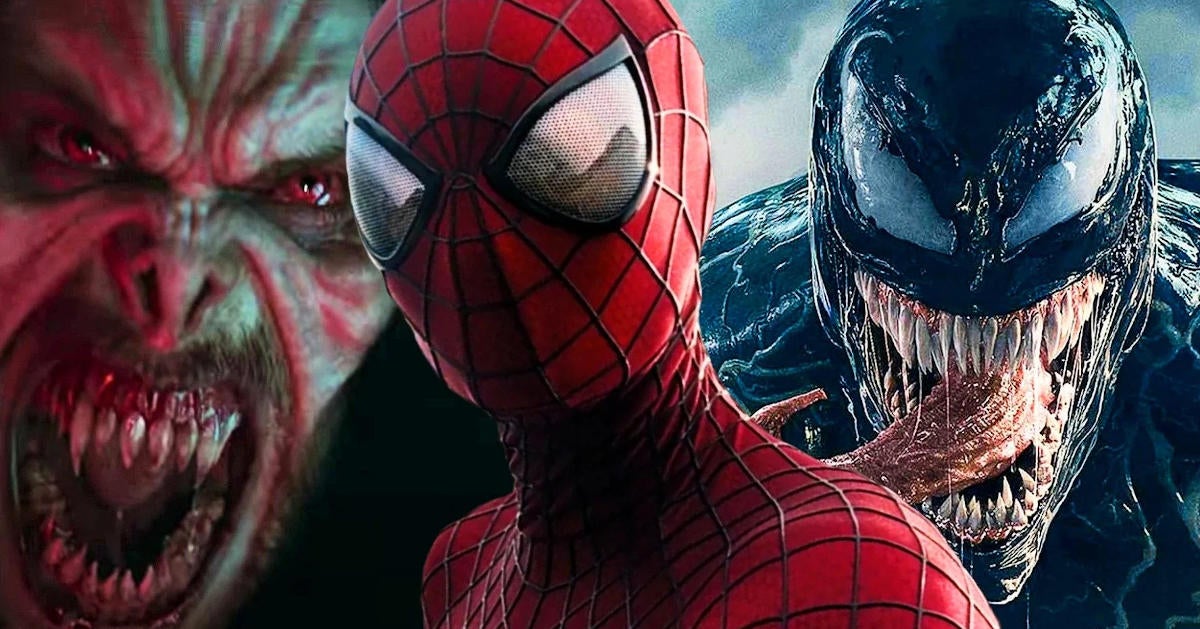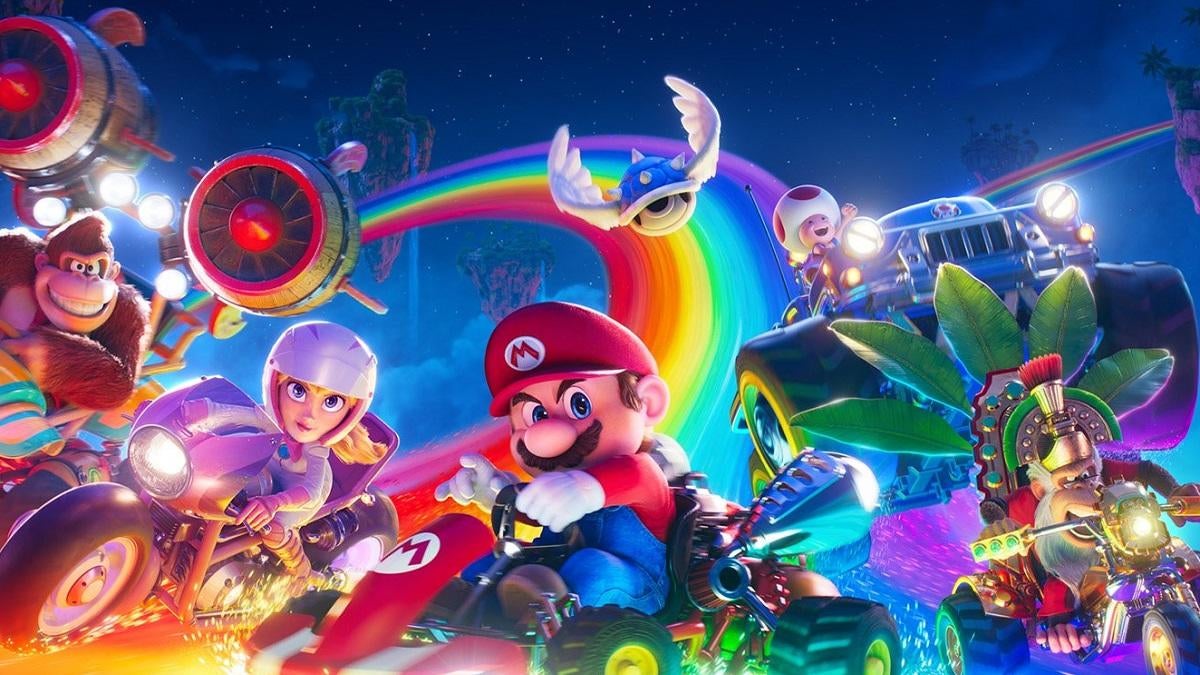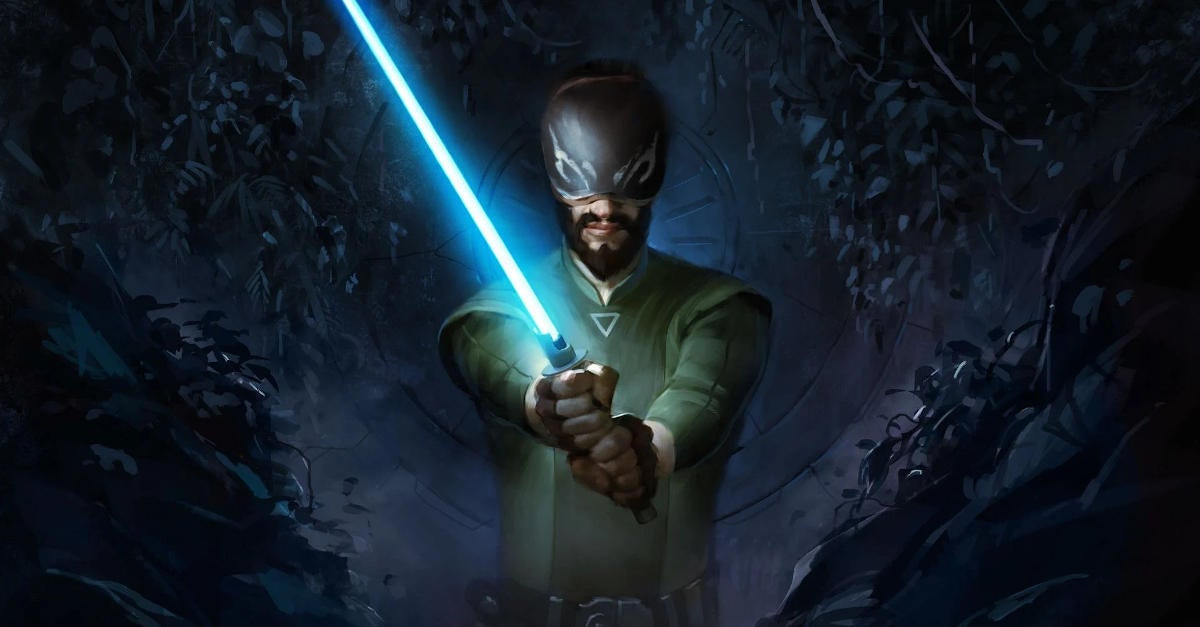Sony's Spider-Man Universe Needs to Stop Making the Same Mistakes As The Amazing Spider-Man
Sony Pictures Spider-Man franchise got an entirely new lease on life thanks to the studio's partnership with Marvel Studios on the Spider-Man: Home Trilogy. Tom Holland's Spider-Man films were squarely set in and focused on the Marvel Cinematic Universe, but Sony used the character as a backdoor reboot of the entire Spider-Man movie franchise, using Tom Hardy's Venom films to bolster what is now known as "Sony's Spider-Man Universe." It was a much-needed fresh start after Sony saw the franchise stall after The Amazing Spider-Man 2 – but after seeing Morbius, it's clear that Sony is making the same mistakes all over again...
(WARNING: Morbius SPOILERS Follow!)
Too Much Studio
The first thing that is clear from the SSU movies we've gotten so far is that Sony is still letting the studio drive these blockbuster Marvel films, instead of trusting in the visions of talented directors. Venom, Venom: Let There Be Carnage, and Morbius have all looked and felt like chop-jobs – cut down to the leanest, most basic superhero movie formulas. They feel like a collection of studio executive notes rather than coherent stories, with the sole appeal really being the collection of top-talent actors that Sony keeps drawing in (Tom Hardy, Michelle Williams, Riz Ahmed, Woody Harrelson, Naomie Harris, Jared Leto, Matt Smith, Jared Harris...).
This is not the first time we've been here. Sony has been meddling (read: ruining) the Spider-Man movies ever since they forced Venom on Sam Raimi in Spider-Man 3, resulting in the untimely crash and burn of that hit franchise. The same happened with The Amazing Spider-Man reboot (more on that below), and now the SSU spinoff seem to be the same kind of damaged product. Granted, audiences have enjoyed the Venom films "for what they are," and the box office returns have been solid. The same could end up true for Morbius. That said, when you look at the Juggernaut (and consistent) success of Marvel Studios films, the difference couldn't be more glaring.
Rushing the Universe

The Amazing Spider-Man franchise collapsed under the weight of Sony's rushed attempt to prove Spider-Man could spawn an entire franchise universe to rival the MCU. The Amazing Spider-Man 2 (and subsequently director Marc Webb) ended being railroaded into spawning an entire movie universe mythology, with seeds planted for a third film; a Sinister Six spinoff film; the introduction of Venom, and even the evolution of anti-heroine Black Cat. Like Marvel Studios learned with Iron Man 2, trying to lift up too much shared universe, too fast, is a bad move. Getting there purposefully and organically is how it's done.
With the SSU, it seemed like Sony was actually learning from past mistakes. Anti-hero characters like Venom, Morbius and Kraven The Hunter all got slated for solo movies that could establish and develop each of them and their supporting characters. By the time a crossover event happened, it could be as rich and fulfilling as what fans have come to expect from MCU projects.
At least that was the theory.
The post-credits scenes of Morbius have killed nearly all the goodwill fans had dared to believe in with the SSU. Ripping Michael Keaton's Vulture out of the MCU and dropping him in the SSU makes no sense, and Vulture making contact with Morbius to get the ball rolling on a Sinister Six team-up feels like taking the franchise from 0 to 100 – real quick. And it's not making us feel very confident about the future of it.
Need A Feige
This was clear back when The Amazing Spider-Man fizzled out on launching a shared universe franchise: Sony needs a Kevin Feige. And it's not Amy Pascal or Avi Arad – two people who have been at the heart of many of the mistakes described above. Having a central shephard of the franchise has proven to be a key element that differentiates Marvel Studios from both Sony and DC/Warner Bros. At a certain point, the studios have to take note. When making these franchise universes singular or small-group creative vision yields much better results for a larger, cohesive vision.




